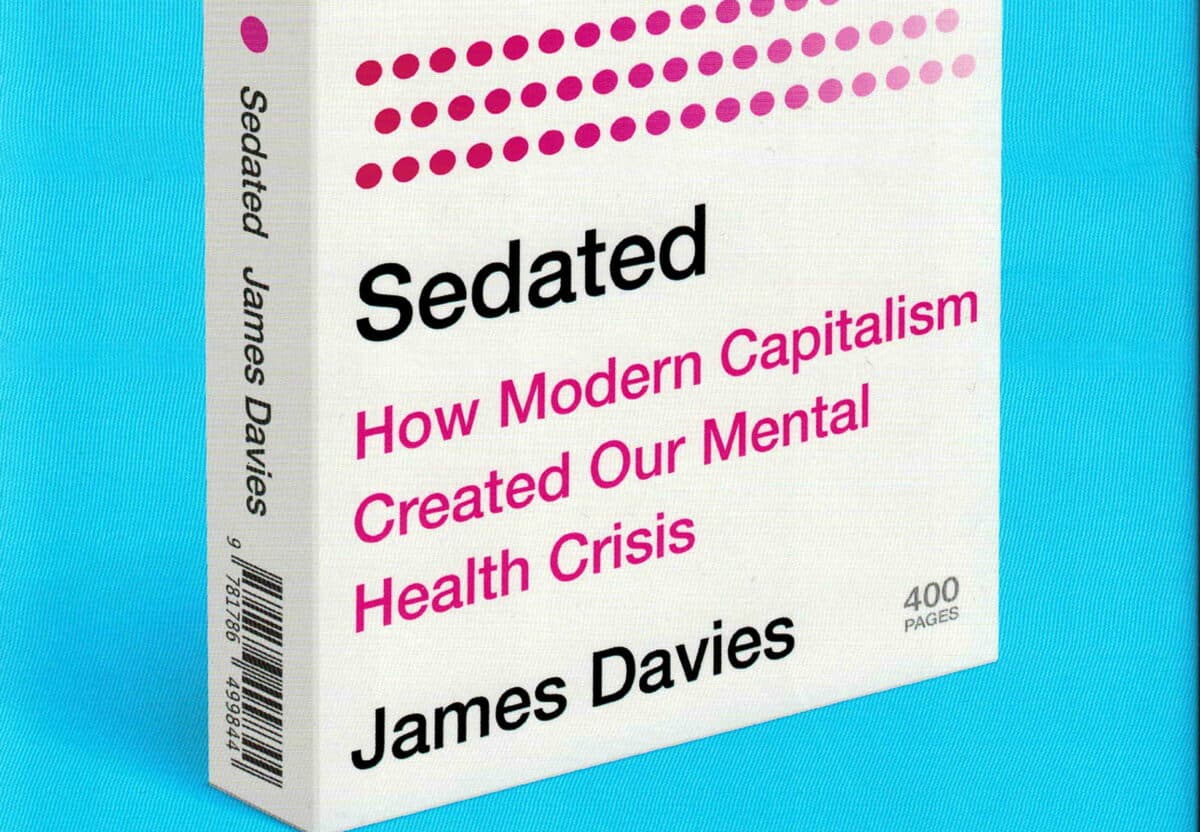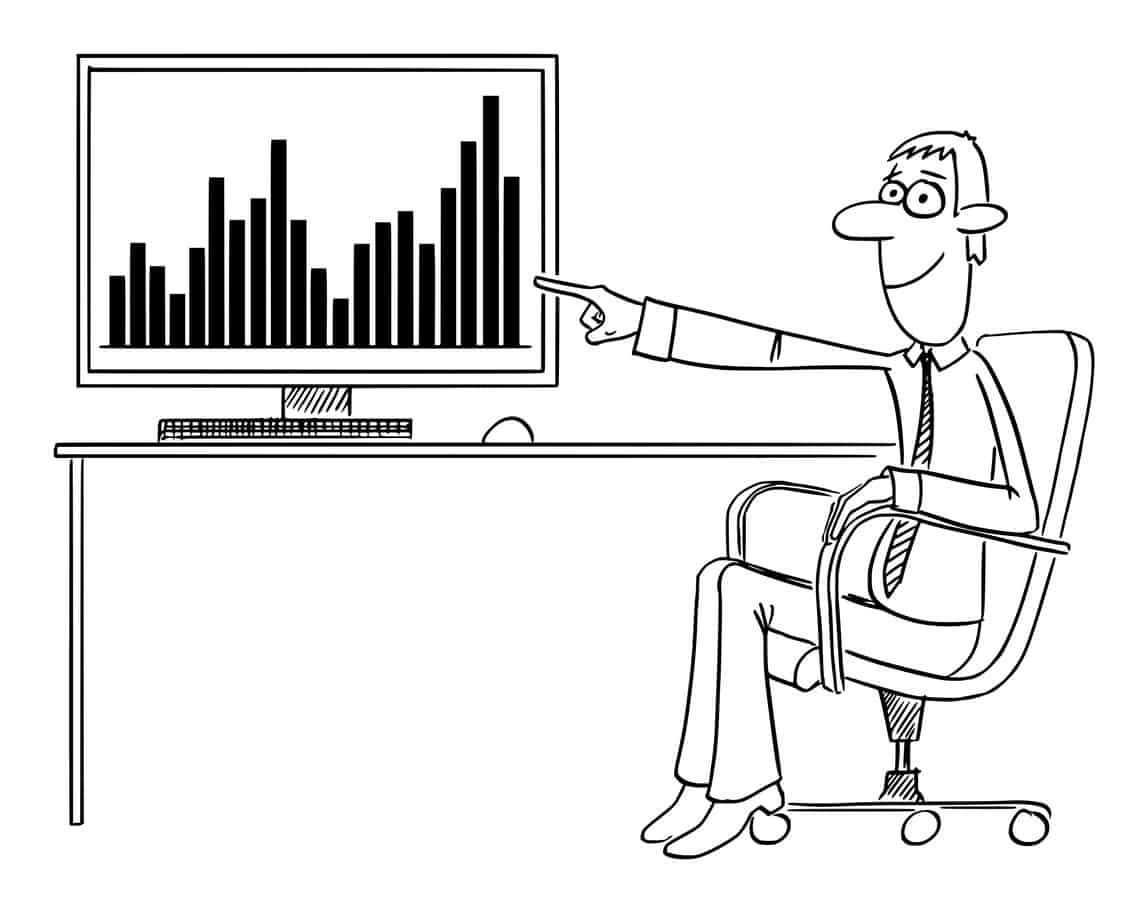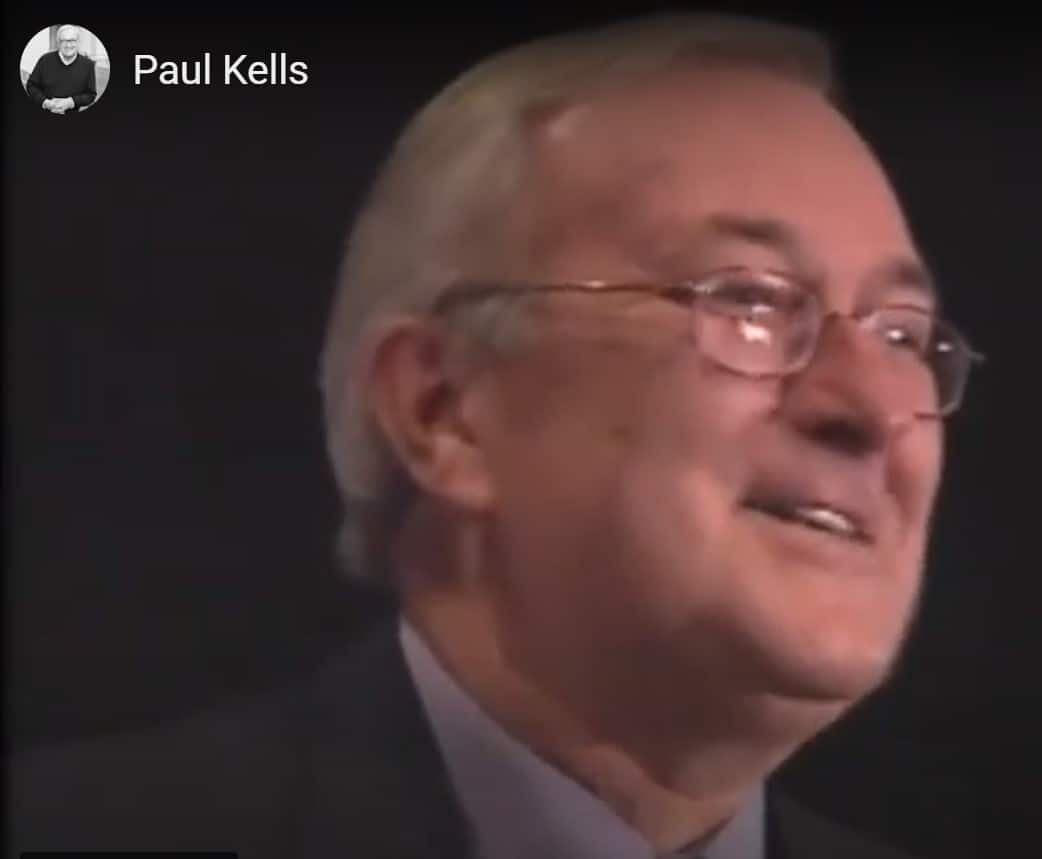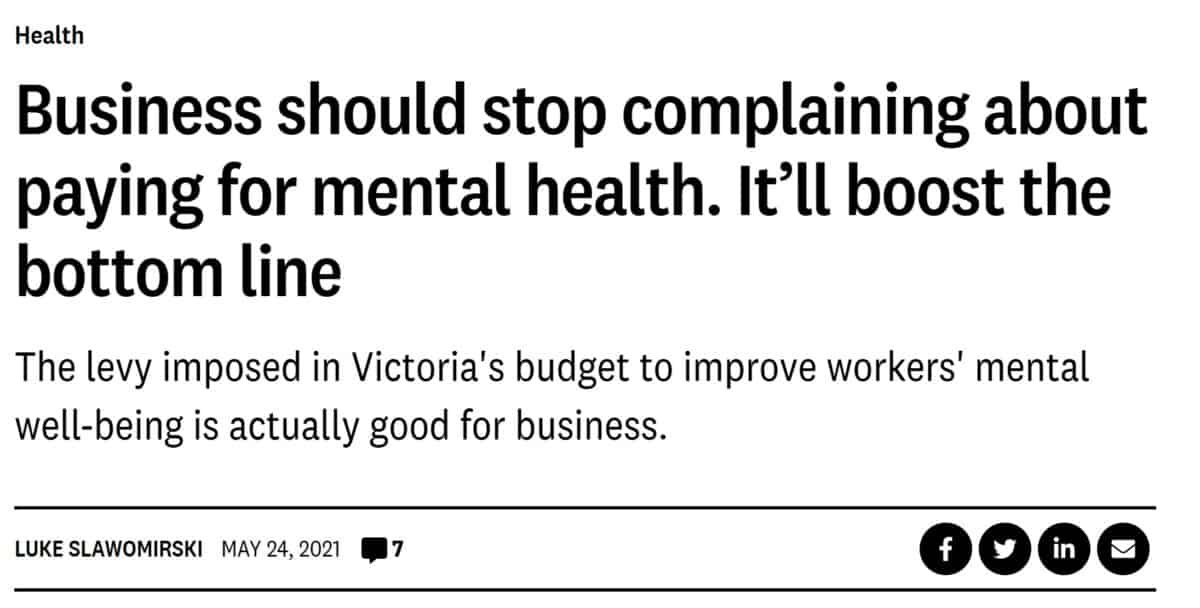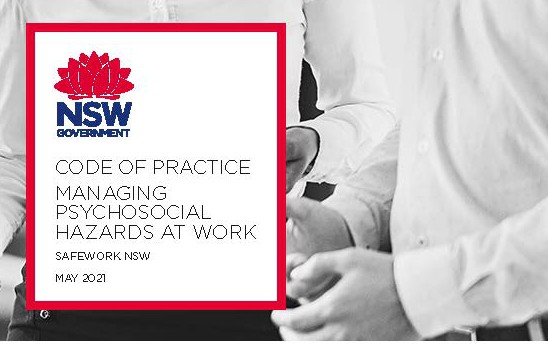Every political leader on the progressive side, or Left, of politics, must address their relationship to Socialism. Recently The Guardian discussed this concerning the UK Labour leader Keir Starmer but the topic has relevance to Australia as several elections are scheduled for 2022. It is also important in understanding the ideological base of these prospective leaders as it is from this that progress on occupational health and safety (OHS) will emerge.
In a recent book “Sedated: How Modern Capitalism Created Our Mental Health Crisis“, UK academic Dr James Davies provides a valuable first-hand experience of the denial, or avoidance, of social obligations and the transference of responsibility to individuals in the context of Mental Health First Aid.

